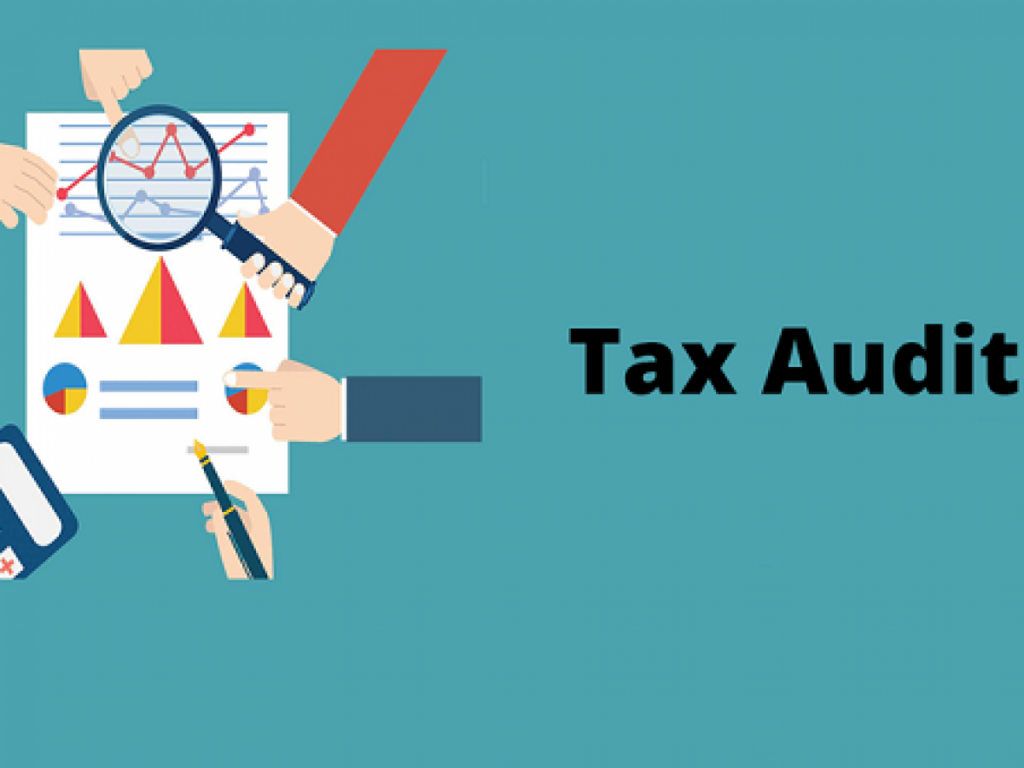Manage Financial Record for Tax Audits
Editors manage financial record for tax audits by maintaining organized and accurate documentation of their income and expenses. This involves keeping records of payments received for editing services, as well as any relevant invoices or contracts.
Additionally, they track their business expenses, such as software subscriptions, office supplies, and professional development costs.
A comprehensive record-keeping system might include digital and physical copies of receipts, bank statements, and invoices.
Editors also often segregate their personal and business finances, using a dedicated business bank account and credit card. This separation simplifies the identification of business-related transactions during a tax audit.
Regularly updating and reconciling financial records is crucial. Editors can use accounting software or spreadsheets to categorize income and expenses, making it easier to generate accurate financial reports when needed.
This proactive approach ensures that all financial information is readily available and organized, facilitating a smoother tax audit process.
In case of a tax audit, editors can provide these records to the tax authorities to verify their income and deductions claimed. This transparency helps demonstrate compliance with tax regulations and can potentially prevent discrepancies or non-compliance issues from arising.
To visit: https://www.mca.gov.in/
For further details access our website: https://vibrantfinserv.com

